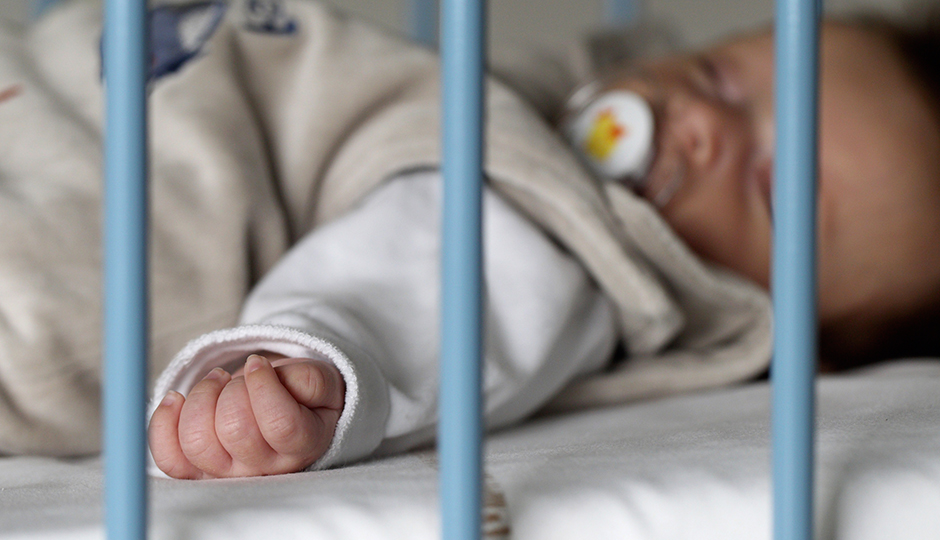A mother who is stressed or depressed may predispose her child to depression. An international research team led by Moshe Szyf, researcher in the Department of Pharmacology and Therapeutics at McGill University, has asserted that the tension felt by a mother during and after pregnancy becomes embedded in her baby’s genes. More specifically, maternal stress can modulate the expression of certain genes that play a role in the emergence of psychiatric disorders.
Maternal stress can modulate the expression of certain genes that play a role in the emergence of psychiatric disorders.
The same principle is found in children who experience psychological trauma such as abuse in childhood, since they are more likely to suffer from anxiety and depression leading to suicide. Several studies have shown that the environment has genetic bearing and influences a person’s health. This epigenetic imprinting alters the reading of the genetic code, much like punctuation changes the meaning of a sentence.
As part of the POSEIDON project, research teams in Québec, Italy and Germany focused on the effects of maternal stress and depression on the foetus. They studied the genomes of women who experience depression and of stressed and unstressed monkeys and rats and umbilical cord blood searching for epigenetic marks such as DNA methylation—a well-known epigenetic mechanism that modifies the gene by adding a methyl group molecule and causing the gene to switch on or off. Professor Szyf and his team have found such marks on several of the genes involved in depression in three species. They hope that these markers will one day be used in the early diagnosis of individuals who may be prone to depression.




